
Is Intel Faking Its CPU Performance? Benchmark Optimizations Under Scrutiny
A Critical Examination of Intel's Strategies Amidst Competition with AMD
NEWS News February 20, 2024 Reading time: 2 Minute(s)
In the fiercely competitive landscape of semiconductor technology, the battle between Intel and AMD has been longstanding, marked by continuous innovation, strategic marketing, and, at times, controversy. Recent revelations regarding Intel's benchmark optimizations have reignited discussions about the ethics and efficacy of such tactics in the pursuit of market dominance.
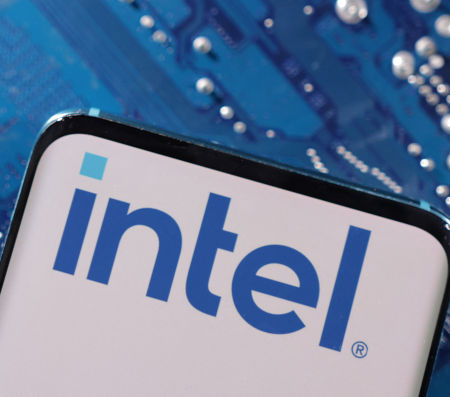
The proverbial phrase "fake it till you make it" seems to have found a peculiar resonance in Intel's approach to bolstering confidence in its products amidst growing competition, particularly from AMD's Ryzen processors. With the release of its latest 14th Gen desktop parts, namely the i9-14900K and the i5-14600K, Intel showcased commendable performance. However, this performance came at the expense of significantly higher power requirements, raising eyebrows among industry observers.
In an effort to sway potential customers and detract from AMD's advancements, Intel has resorted to aggressive marketing strategies, including disparaging comparisons of AMD's CPU naming scheme and past attempts to discredit AMD's technological innovations. However, recent allegations suggest that Intel's tactics extend beyond rhetoric, casting doubt on the integrity of its benchmarking practices.
The scrutiny intensified when SPEC (Standard Performance Evaluation Corporation) uncovered specific optimizations integrated into Intel's oneAPI DPC++ compiler, which purportedly inflated benchmark scores for certain tests. Notably, optimizations affecting the "523.xalancbmk_r" and "623.xalancbmk_s" benchmarks were called into question, prompting SPEC to cancel over 2600 results due to concerns about narrow applicability and adherence to benchmarking rules.
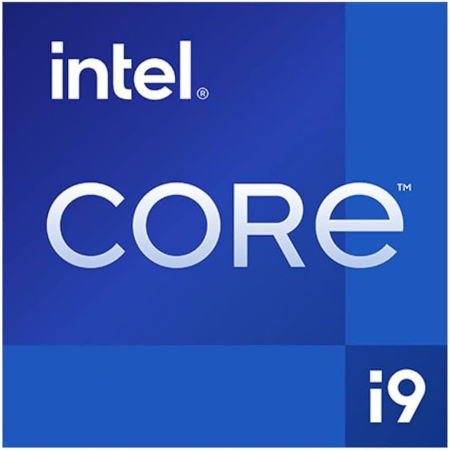
The implications of these optimizations extend beyond mere performance metrics, touching upon fundamental questions of fairness, transparency, and competition within the industry. Benchmark results play a pivotal role in shaping consumer perceptions and influencing purchasing decisions, making the integrity of these metrics paramount.
Moreover, this is not the first instance of Intel facing accusations of unethical benchmarking practices. Past incidents, including allegations of tampering with benchmarking software to disadvantage competitors, have eroded trust and tarnished the company's reputation.
As the competition intensifies, it is imperative for industry leaders to uphold principles of fair play and transparency. Rather than resorting to tactics aimed at undercutting rivals, companies should focus on genuine innovation, product quality, and customer satisfaction.
IMAGES CREDITS: INTEL | COVER IMAGE BY ONLYYOUQJ ON FREEPIK / REVIEW SPACE
*Our pages may contain affiliate links. If you buy something via one of our affiliate links, Review Space may earn a commission. Thanks for your support!
CATEGORIES






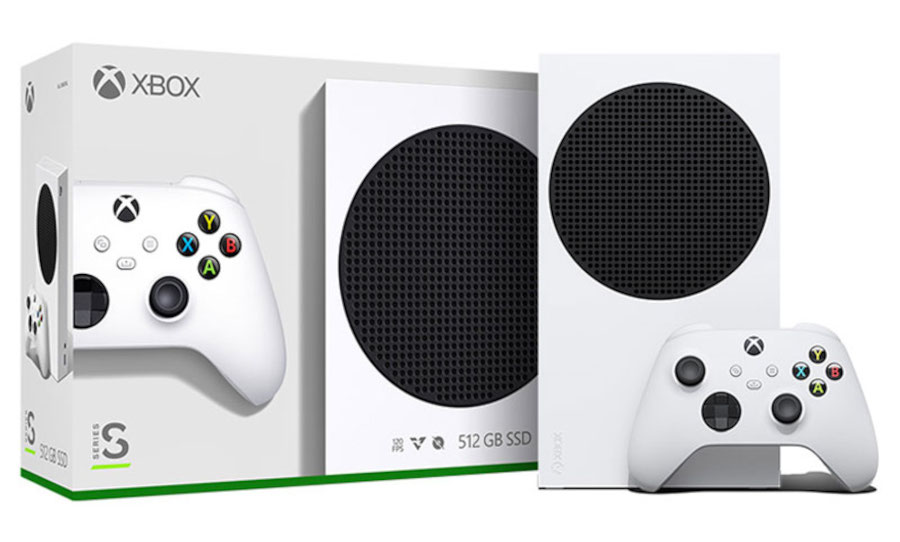




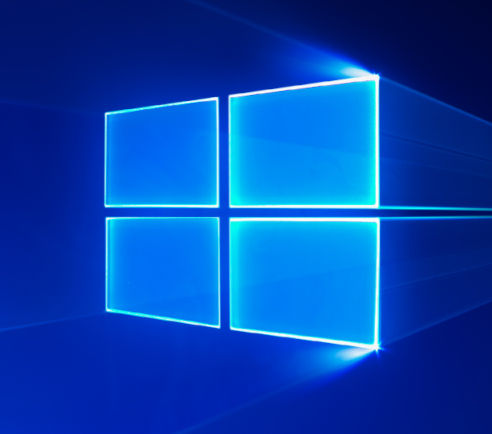








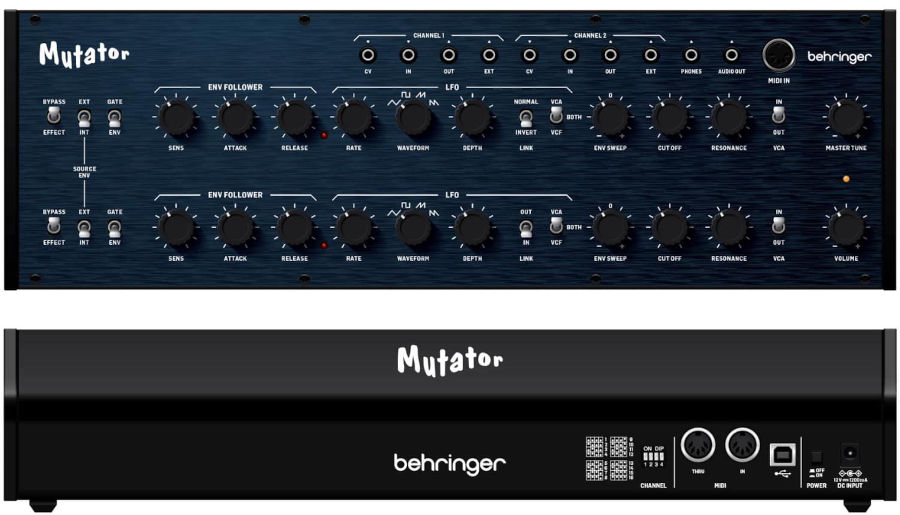




COMMENTS